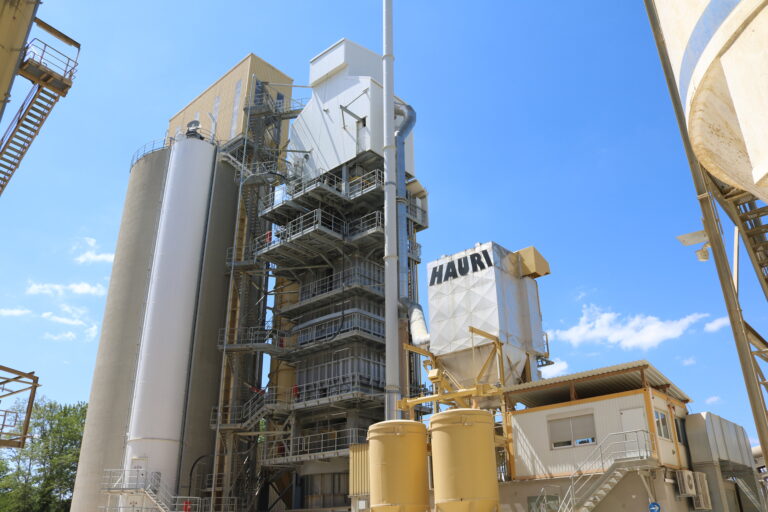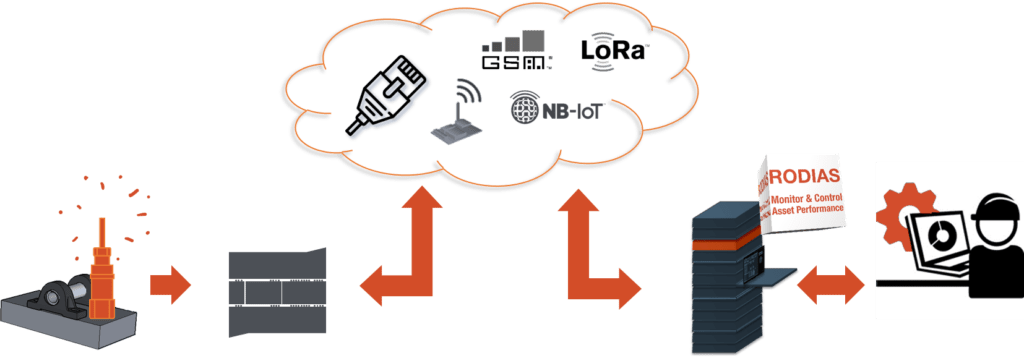An ear to the machine
Hans G. Hauri KG Mineralstoffwerke
About the customer
Hans G. HAURI KG Mineralstoffwerke is a stone processing company located in Bötzingen am Kaiserstuhl. HAURI specializes in the high-quality processing of mineral raw materials.The company operates three sites in the border triangle between France and Switzerland. The product range is versatile and is used in applications ranging from the construction industry to forestry, geothermal energy, healthcare or the environment. The Jura limestone of the Tuniberg is quarried at the Merdingen plant. In a complex technical process, the raw material is burned in the company’s own lime shaft kilns to calcium oxide, one of the most important products for environmental protection, waste water treatment, drinking water treatment, flue gas desulfurization and many more. Hauri is one of the most innovative companies in the industry, with state-of-the-art production facilities and its own research and quality laboratories.Challenge
At the Merdingen site, the HAURI company operates a lime shaft kiln, the core of lime production. As is so often the case with essential production equipment, the question of its health is of crucial importance. Unplanned downtimes are not only expensive and have a great influence on the subsequent processing steps. Not all components of complex technical equipment can be kept in stock, so that spontaneous procurement can become an enormous challenge. The aim is to recognize the incipient damage in good time in order to avoid unplanned downtimes and to procure spare parts and replacement equipment as required.

With the continuous monitoring of the kiln, I always have an ear to the machine and can react at any time. We have already discovered and been able to optimize many minor problems through monitoring alone.
Dipl. Ing. Rainer Zwick - Technischer Leiter
Solution
HAURI has decided to monitor the condition of its production equipment more closely with the introduction of the Condition-based Maintenance (CBM) cockpit from RODIAS GmbH. The decisive advantage is that the state of health is continuously shown. The maintenance worker always has his “ear to the machine”, so to speak. If deviations occur, warnings and alarms are automatically triggered in the cockpit.
The low-threshold integration of maintenance-related sensor data is a novelty and enables a quick start into predictive maintenance. The CBM Cockpit detects imminent wear of equipment and changes in condition by means of vibration analysis. Violation of warning and alarm limits automatically generates orders and recommendations for action.
